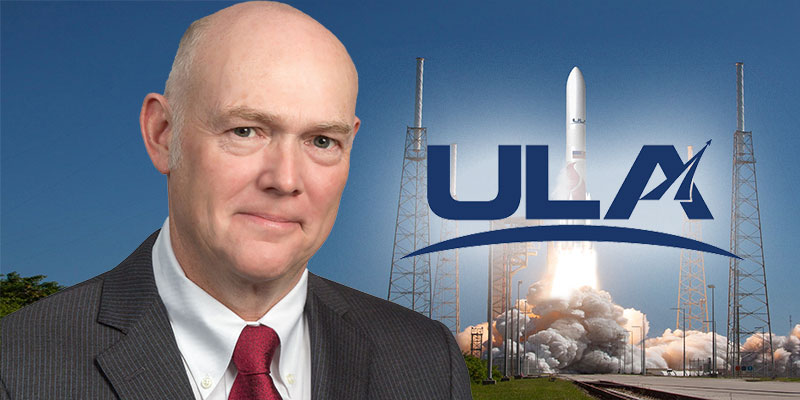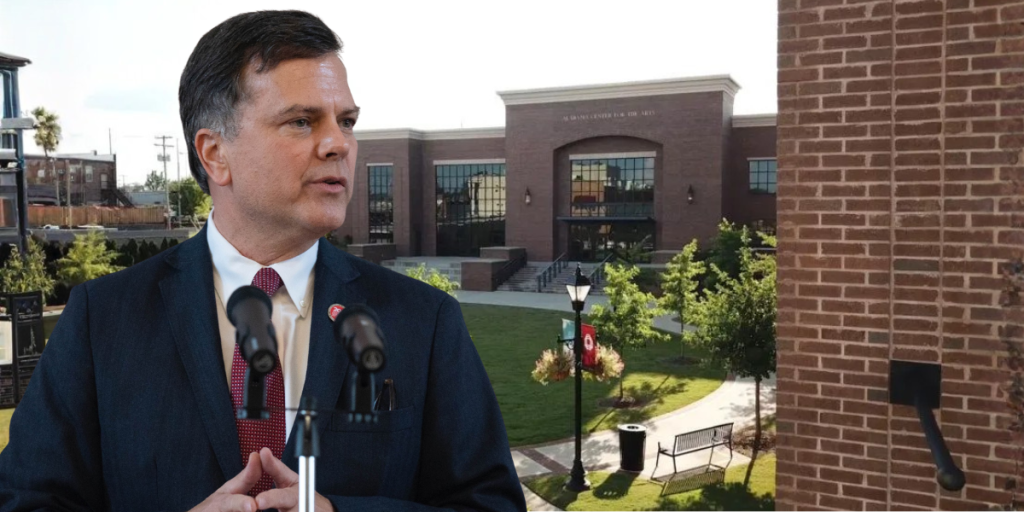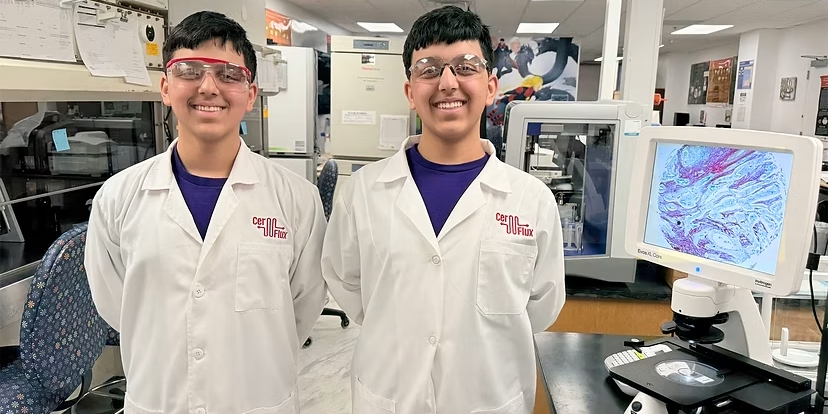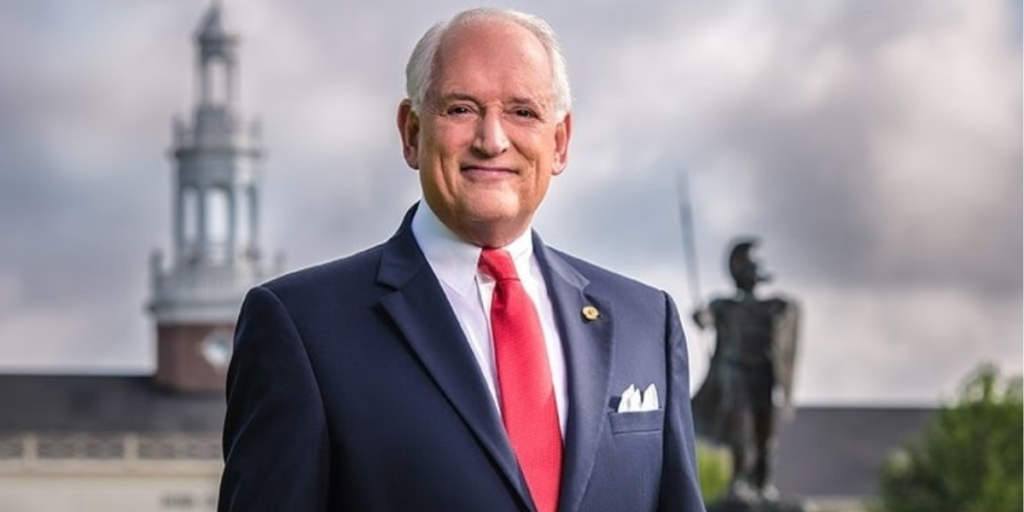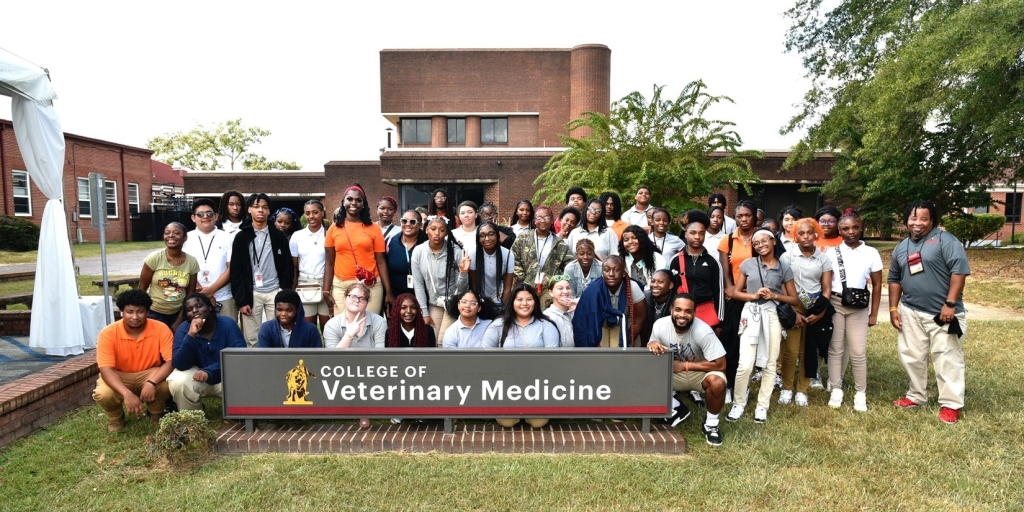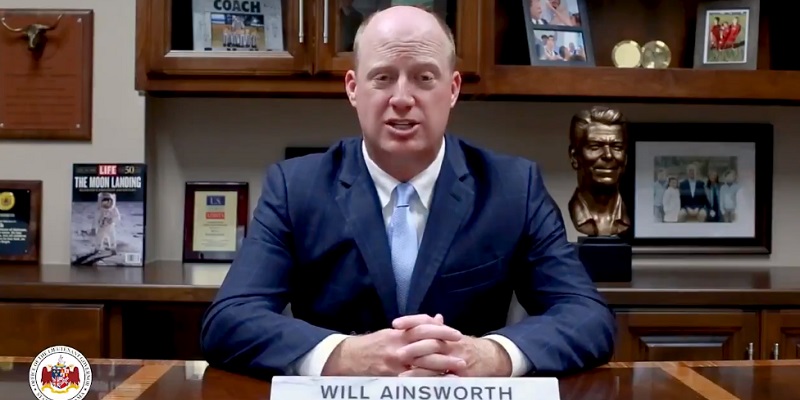The nation needs to prioritize technical curriculum in its workforce training to meet the demands of 21st century jobs, and higher education will be at the forefront of the effort.
That was the assessment of United Launch Alliance president and CEO Tory Bruno during a virtual panel discussion last week as part of the AscendxSummit on Space Policy and Education.
The owner of a 1.6 million square foot rocket manufacturing facility in Decatur, the largest such facility in the Western Hemisphere, Bruno’s company is heavily dependent on a highly-developed workforce in Alabama.
Joined on the panel by former Secretary of the Air Force Heather Wilson, Bruno outlined that expanding the number of students enrolled in science, technology, engineering and mathematics (STEM) curriculum is critical to the United States remaining a leader in the aerospace industry.
“When we talk about space and our industry, we’re really talking about STEM, and the dominant element of STEM is engineering, engineering and applied science,” he explained. “If we’re not careful, we’ll produce people who are very theoretical, but have less ability to handle the applied side of that.”
Gov. Kay Ivey recently created the Alabama STEM Council to study and inform state leaders on how to advance Alabama’s efforts in the STEM strand.
Ivey explained that the Yellowhammer State “has continued to grow into an advanced manufacturing, aerospace engineering and cybertechnology center of excellence and as a result, the demand for qualified labor in these sectors has skyrocketed.”
The federal government invests more than $3 billion annually in STEM education.
RELATED: University of Alabama STEM students included in nation’s top 20 in 20s
Wilson, who currently serves as president at the University of Texas-El Paso, added her support for the notion that more students need to go on to higher education, and more of those need to be involved in technical learning.
“Currently in America, about 62% of boys who recently graduated from high school, and 69% of girls, go on to some post-high school educational experience, college, technical training, community college,” stated Wilson.”That’s nowhere near enough because 90% of the new jobs that are being created require some kind of post-high school credential. Most of them are technically-oriented. Even jobs that are not technically-oriented, finance, marketing, are having more and more technical components.”
She sees a need to bridge the gap between industry and higher education, particularly in the area of “continuous spiraling education.”
“A bachelor’s degree or a master’s or a Ph.D., and then you quit learning, is not enough for this generation,” Wilson remarked.
Bruno believes that greater collaboration between university faculty and industry can help bridge that gap. He advocated for programs that keep faculty involved in practical applications within industry, as well as bringing more experienced members of his industry into teaching settings.
“We’ve got a very good model going in the applied side of this where we have industry coming in and being involved with universities, with real world projects, and sending our employees back for more education, and even taking students out into internships,” Bruno elaborated. “What I wish I could see more of, and it’s on us to make this happen, is the same thing for faculty. I feel there’s a trend of fewer and fewer faculty who have an industry background before going to academia, and fewer and fewer faculty who, once in academia, continue to have involvement in industry.”
Asked for ideas on how to keep women and minorities involved in STEM, Wilson cited work done by the National Science Foundation.
She said that studies have shown more engaged learning is key, including focus on the “why” not just the “what.” Women disproportionally want to know why the problem matters, according to Wilson, which is why she touts more problem and community-based learning.
“The environment in engineering school needs to be supportive and not about weeding out,” she detailed. “That’s particularly important when you have a small percentage of the class that feels different anyway.”
“Diversity has such great power in problem solution,” observed Bruno, a former chairman of the Diversity Council at Lockheed Martin Space Systems.
One of the ways in which greater diversity in technical curriculums can be achieved, according to Bruno, is increased focus by universities on bringing in as many students as possible and teaching them what he termed, “good, solid STEM skills.”
“We should be measuring universities on productivity not on their reject rate, in the first place,” he asserted. “There are so many universities that are rewarded with prestige by being very exclusive. They literally measure themselves by how many students they reject, how many students they wash out. What the country needs is more graduates, not fewer.”
Universities in Alabama have already excelled in the area of STEM training.
Earlier this year, the University of Alabama College of Engineering had two of its students recognized among the nation’s top 20 STEM students. Jane Gillette and Sean Devey were recognized as part of Aviation Week’s 20 Twenties for 2020, which was sponsored by the American Institute of Aeronautics and Astronautics. Gillette has participated in internships at ULA and NASA.
Wilson sees no shortage of potential students but rather places the responsibility on universities and private industry to pull them into the STEM strand.
“We need to reach what I call the ‘missing millions,’ the young people in America who have not been inspired or supported to go into STEM disciplines because the 21st century will demand it,” she stated.
Despite the challenges of the current year, and technical innovation which demands an increasingly developed workforce, Bruno expressed forward-looking optimism.
“I’m not the least bit concerned that our country will not overcome the challenges that are in front of us,” he concluded. “We absolutely will. Will have resourceful, we have resilient people, we have the best education system in the world. Higher education is the most powerful force we have in our society to change someone’s economic fortunes. It makes all the difference in the world. It is a life-changer.”
RELATED: Boeing donates $50K to Decatur City Schools for STEM education
Tim Howe is an owner of Yellowhammer Multimedia




